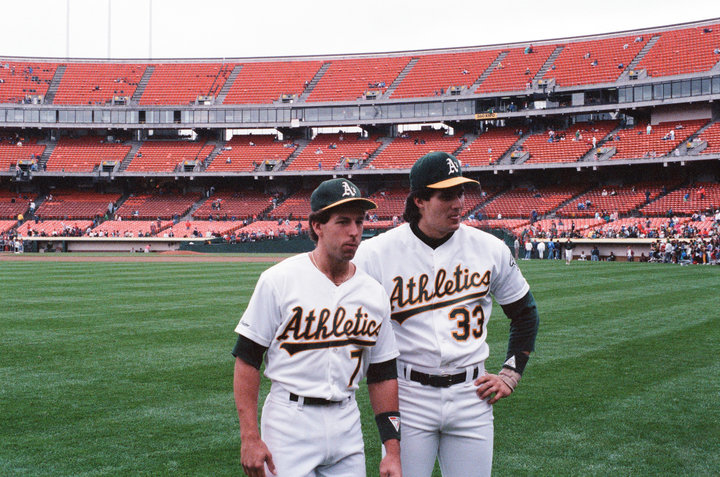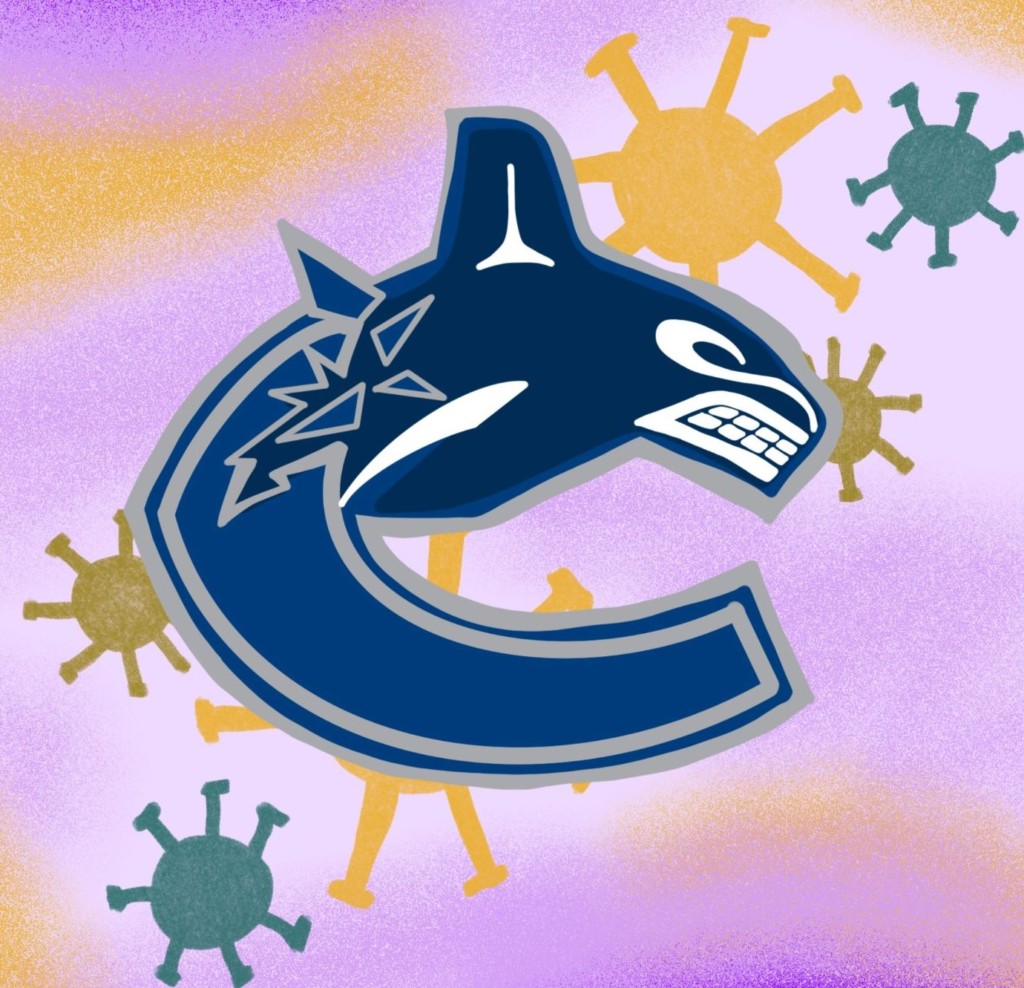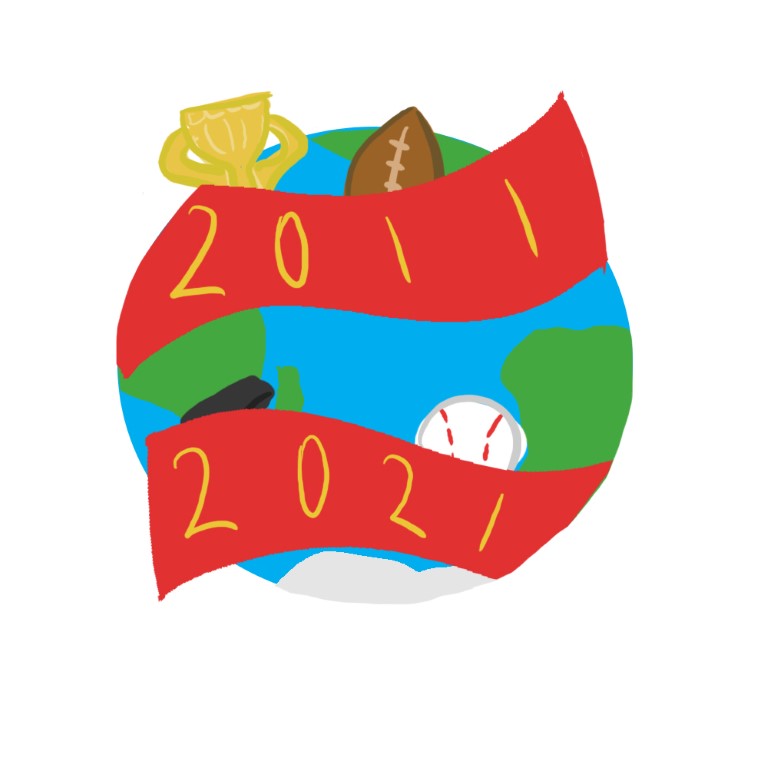
Chaos in San Francisco
By Brandon Yip, Senior Columnist
On October 17, 1989, game three of the World Series was about to begin when a magnitude 6.9 earthquake (known as the Loma Prieta earthquake) struck the city of San Francisco.
The Oakland Athletics in 1989 were known as the bad boys of Major League Baseball. They were perceived as cocky, arrogant, and too good to be on the baseball diamond. Lack of modesty aside, they were a very dominant team—the best team in baseball during the late 1980s.
The Athletics had a powerful intimidating lineup, which included home-run sluggers known as the “Bash Brothers”: Jose Canseco, and Mark McGwire. In addition, other players such as Dave Henderson, and Dave Parker, could also hit the long ball when called upon. Furthermore, the Athletics had the skill and speed of Rickey Henderson—who was always a threat to steal bases. Other notable players included Walt Weiss, Terry Steinbach, Mike Gallego, Stan Javier, Carney Lansford, and Tony Phillips. Moreover, the team had solid pitching from Dave Stewart, Mike Moore, Bob Welch, Curt Young, Storm Davis, and one of the best closers in baseball history, Dennis Eckersley. The Athletics were managed by Tony La Russa.
Remarkably, the Oakland Athletics finished the 1989 regular season with the best record in baseball with 99 wins and 63 losses; top of the American League West. The Athletics would face the San Francisco Giants in the World Series—in what would become known as the “Bay Bridge Series.” The Giants finished the regular season in top spot in the National League East, with 92 wins and 70 losses. Games one and two would be played at the Oakland Coliseum in Oakland—with the Athletics winning both games by scores of 5-0 and 5-1.
But on October 17, 1989, game three of the World Series was about to begin when a magnitude 6.9 earthquake (known as the Loma Prieta earthquake) struck the city of San Francisco at 5:04 pm (PST). Sports broadcasters, Al Michaels and Tim McCarver, were on the air doing a live broadcast for ABC television when the earthquake began. People sitting in Candlestick Park recall parts of the stadium vibrating and shaking. Concrete pieces fell from the baffle at the top of the stadium with the power being severed.
In October 2019, ESPN aired a special segment marking the 30th anniversary of the Loma Prieta earthquake. Al Michaels remembers being very frightened and worried about his safety: “Could we have been pitched out of the booth? Could the upper deck have collapsed? Those were the thoughts that made your heart sink and your throat go into your heart later on,”
Subsequently, when the earthquake was over, the damage was extensive and devastating—approximately 67 people were killed and 3,757 were injured. Many of the Bay Area’s main transportation structures were severely damaged. A section of the double-deck Nimitz Freeway in Oakland collapsed; hence having the largest number of deaths during the event. Plus, the breakdown of man-made structures and other linked accidents were a contributing factor in other deaths that occurred in Santa Cruz, Los Altos, and San Francisco.
Inevitably, game three was canceled and the World Series would be delayed while city crews repaired the extensive damage done to so many sections in the San Francisco area. The World Series would resume 10 days later on October 27 at Candlestick Park. Oakland would win game three by a score of 13-7. In game four, played on October 28, the Athletics would win 9-6—capturing the World Series in a four game sweep. But the World Series was merely an afterthought after the devastating damage caused by the earthquake 11 days prior.
Notably, in a classy gesture, the Oakland Athletics, out of respect for the victims of the earthquake, chose not to celebrate with champagne, which was customary—and done by all winning teams who captured the World Series. Manager Tony La Russa did not believe it was appropriate to be celebrating after such a tragedy. “As we got close to Game four, there was a decision that we would really respectfully celebrate and not go the whole route,” La Russa said to NBC Sports California via FaceTime in June 2020. “We didn’t have a parade because we didn’t think it was appropriate. Compared to what was happening in the Bay Area, the loss of life, the injuries and property damage, and emotional scars on the community both sides of the Bay […] putting that into perspective and making sure that we struck the right balance,” he said.


